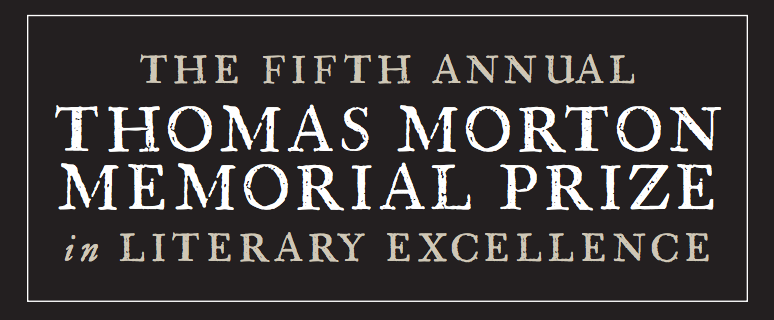On Diaphragms and Literary Longevity
The cultural markers–or lack thereof–in a story are not what makes a piece of writing timeless. We do not transcend time by simply disregarding its march. Even as the diaphragm loses its prevalence and potency, the stories that incorporate it do not because literature was never intended to be generic, was never meant to either speak for one time solely or no time at all.
On Diaphragms and Literary Longevity Read More »
The cultural markers–or lack thereof–in a story are not what makes a piece of writing timeless. We do not transcend time by simply disregarding its march. Even as the diaphragm loses its prevalence and potency, the stories that incorporate it do not because literature was never intended to be generic, was never meant to either speak for one time solely or no time at all.








